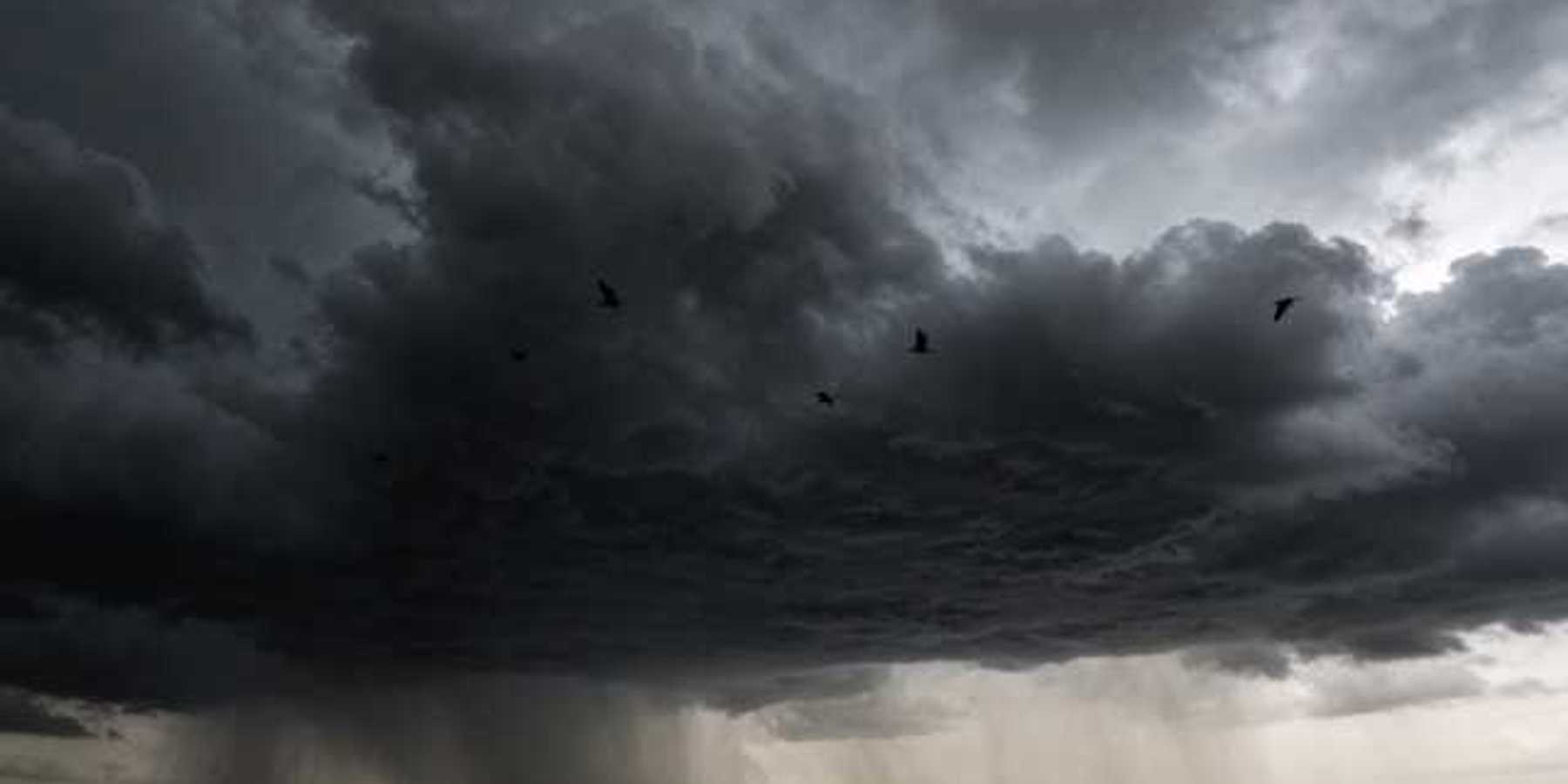Rich countries ‘trap’ poor nations into relying on fossil fuels
Kaamil Ahmed reports for The Guardian that campaigners are criticizing a ‘new form of colonialism’, where countries in the global south are forced to invest in fossil fuel projects to repay debts.
In a nutshell:
Wealthier nations and private lenders are ensnaring heavily indebted countries in a cycle of fossil fuel dependence, asserts a recent study. The report reveals that mounting debt pressures are compelling impoverished nations to persist in fossil fuel projects to meet repayment obligations stemming from loans extended by more affluent countries and financial institutions. Debt Justice and their partners in affected nations are urging creditors to absolve indebted countries, particularly those associated with fossil fuel ventures. The study discloses that debt owed by developing nations has surged by 150% since 2011, with 54 countries now grappling with debt crises that divert resources away from climate crisis mitigation.
Key quote:
“High debt levels are a major barrier to phasing out fossil fuels for many global south countries,” said Tess Woolfenden, a senior policy officer at Debt Justice. “Many countries are trapped exploiting fossil fuels to generate revenue to repay debt while, at the same time, fossil fuel projects often do not generate the revenues expected and can leave countries further indebted than when they started. This toxic trap must end.”
The big picture:
Heavy reliance on fossil fuels often takes a toll on public health. The burning of these fuels releases noxious pollutants and greenhouse gases that diminish air quality, contributing to a surge in respiratory illnesses, cardiovascular diseases and premature deaths. Often lacking the resources for proper pollution control and healthcare, poor countries bear the brunt of the health impacts as the toxic cocktails of pollutants impact vulnerable populations and create entrenched health disparities.
Read the article in The Guardian.
Go deeper: Last year, Agents of Change fellow Daniel Carrión argued that combating energy poverty and energy insecurity are critical elements to achieving environmental health equity for billions worldwide.












